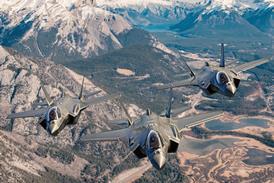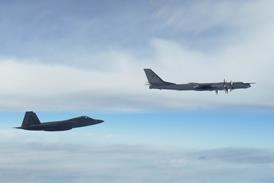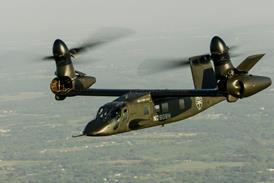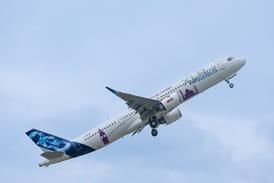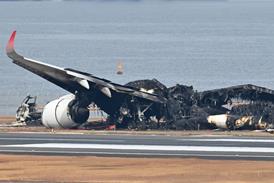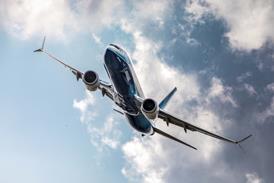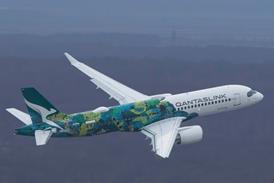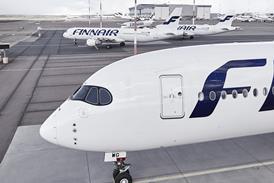Graham Warwick/WASHINGTON DC
Northrop Grumman is the leading candidate to acquire some of the eight non-core businesses that Lockheed Martin plans to sell as part of a major restructuring intended to improve its financial and operational performance.
Analysts expect Northrop Grumman to lead US bidders for the businesses, which employ 9,000 people and had sales last year of $1.8 billion. The UK's Smiths Industries has stated its interest, and British Aerospace is another likely contender. Litton, ITT, TRW and General Dynamics are also likely bidders, says Paul Nisbet of analysis company JSA Research.
The businesses earmarked for divestiture include:
• Sanders - electronic warfare and display systems;
• Control Systems - digital engine and flight controls;
• Infrared Imaging Systems - missile seekers and missile warning systems;
• Fairchild Systems - radar warning receivers and reconnaissance systems.
Lockheed Martin expects to realise at least $1 billion from the sales, which will be used to pay debts, says chief executive Vance Coffman. The divestitures "will address any lingering concerns about vertical integration", he says, referring to the reason given by the US Department of Defense for blocking the merger of Lockheed Martin with Northrop Grumman last year.
The sell-off is part of a plan to revitalise Lockheed Martin, which includes streamlining the organisation to enable senior management to focus on core businesses.
An organisational layer has been eliminated by reducing the previous five sectors to four business areas, representing more than $23 billion of the company's $26 billion in sales last year. The business areas, reporting directly to Lockheed Martin president Peter Teets, are Aeronautical Systems, Space Systems, Systems Integration and Technology Services.
The company is also to seek strategic partnerships, joint ventures, or outside investors for certain business units with high growth potential.
These units serve the commercial information technology and government services and have combined sales of around $2 billion.
Lockheed Martin Global Telecommunications, which acquired an initial 49% stake in Comsat last month, will remain a separate subsidiary, while efforts to find a strategic partner continue. "The business rationale for the acquisition of Comsat remains intact," says Coffman.
The restructuring is the result of a three-month strategic review. Nisbet believes the mix of financial and operational problems that prompted the review were unique to Lockheed Martin and resulted from poor integration of the 30-40 businesses brought together by the mergers and acquisitions that formed the company.
Nisbet highlights as a positive move Coffman's decision to name a new chief financial officer.
Source: Flight International




